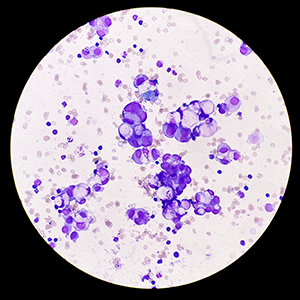Cancer Screening Services Upgrade
Summary: The Minnesota Department of Health will modernize the Sage Program, including a new system for electronic data transfer, automation, and enhanced data security. The Sage Program provides free cancer screening services through a network of over 430 clinics statewide, prioritizing uninsured, underinsured, and low-income populations in Minnesota.
Serving these populations and advancing health equity is a priority for MDH and the State of Minnesota. Sage primarily serves uninsured or underinsured low-income Minnesotans, with 88% of its patients being people of color or American Indian. In Minnesota, American Indian and African American women face disproportionately high rates of breast and cervical cancer mortality, while Asian women experience elevated rates of cervical cancer mortality. The high disease incidence among Sage's patient population underscores significant needs and reduced access to healthcare; for instance, Sage detects cancer in 1 out of every 100 breast screenings, compared to 1 out of 200 in the general population. On average, Sage screenings identify 83 cancers and 38 precancers annually, potentially saving lives through early detection and treatment.
The current challenges present an opportunity for Sage to revitalize its program, enabling it to reach more high-need Minnesotans. Existing clinics will remain in the Sage network, with potential for new clinics to join, expanding screening opportunities across the state. This shift allows clinics to redirect administrative efforts towards patient care, enhancing service quality and capacity. Sage anticipates a return on investment equivalent to 3.3 full-time equivalents (FTE), which can be reinvested in screening services or outreach initiatives. Reinstating outreach activities will help Sage inform more Minnesotans about its services, leading to increased screening rates and earlier detection of cancers, potentially saving lives. Sage aims to screen at least 1,300 additional individuals annually through these efforts. By focusing on priority populations, Sage seeks to reduce disparities in cancer screening outcomes and advance health equity goals.
Value: Update the Sage program with a new system for electronic data transfer, automation, and better data security to help patients and clinics, especially those serving uninsured, underinsured, and low-income people in Minnesota.
Return to the TMF Homepage
